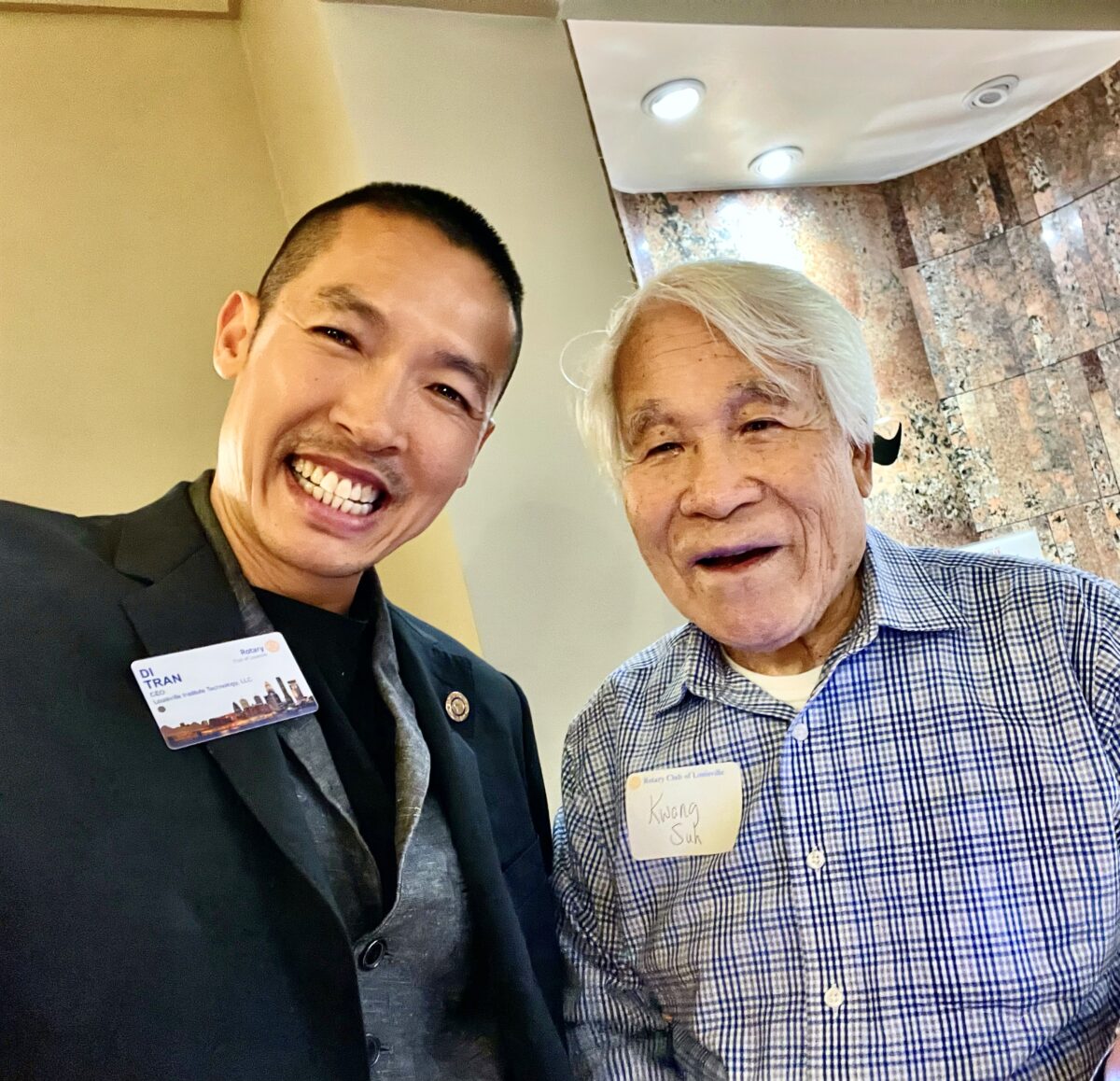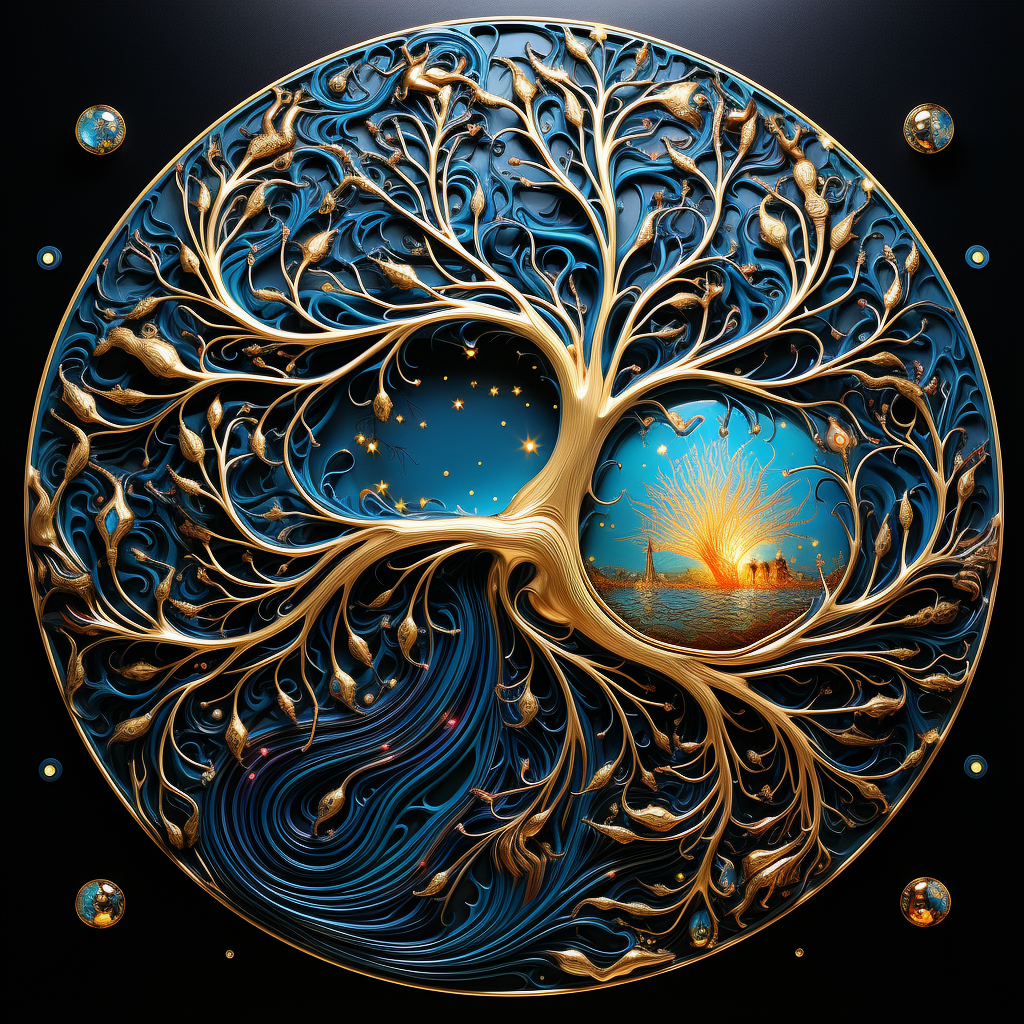In the vast tapestry of human existence, it is often the poignant tales of resilience and hope that stand out. Stories of individuals who’ve faced unimaginable hardships, only to emerge stronger and wiser, are the ones that truly resonate with our collective consciousness. Today, we bring you the tale of two such individuals, Di Tran and Dr. Kwang H Suh, whose journeys from Vietnam and North Korea respectively, converge in the land of dreams and opportunities – the United States of America.
Di Tran’s journey began in the humble confines of a mud hut in Vietnam. A life that many would find challenging, but for Di, it was the foundation on which his resilience was built. His trek to the USA was paved with trials and tribulations, but each challenge was met with unwavering determination.
However, it wasn’t until Di’s chance meeting with Dr. Kwang H Suh at a gathering organized by the Rotary Club of Louisville, that he truly realized the depth of human endurance. Dr. Suh’s journey was no less challenging. Escaping the severe restrictions of North Korea, he found brief respite in South Korea and Taiwan, before finally setting foot on American soil. His tale isn’t just a testament to his personal resilience, but also a vivid reminder of the lengths people would go to for freedom.
In an age where the weight of the world seems to bear down on many, leading to an alarming rise in depression and suicide rates, especially among the youth in the USA, stories like that of Dr. Suh are more than just inspirational. They serve as poignant reminders of the importance of life, the value of freedom, and the incredible strength of the human spirit.
It’s easy to take freedom for granted, especially when it’s all one has ever known. However, for those who have tasted the bitterness of oppression, the sweetness of freedom is unparalleled. The tales of Di Tran and Dr. Kwang H Suh are not just about their personal journeys, but also about the broader message they carry. Freedom is a gift, a privilege, and an opportunity that should never be taken lightly.
So, the next time life seems challenging, remember the stories of these two remarkable individuals. Remember the lengths they went to for a chance at freedom and a better life. Remember that hardships are relative and that perspective can often change everything. After all, as Di Tran reflected, “we don’t know what hardship really is like until we hear about others’ lives.”
Let’s not just hear these stories but imbibe their lessons, cherishing the freedoms we have and striving to ensure others can taste it too. The spirit of Di Tran and Dr. Suh are a beacon for all, a testament to the enduring human spirit that seeks light even in the darkest of times.

















